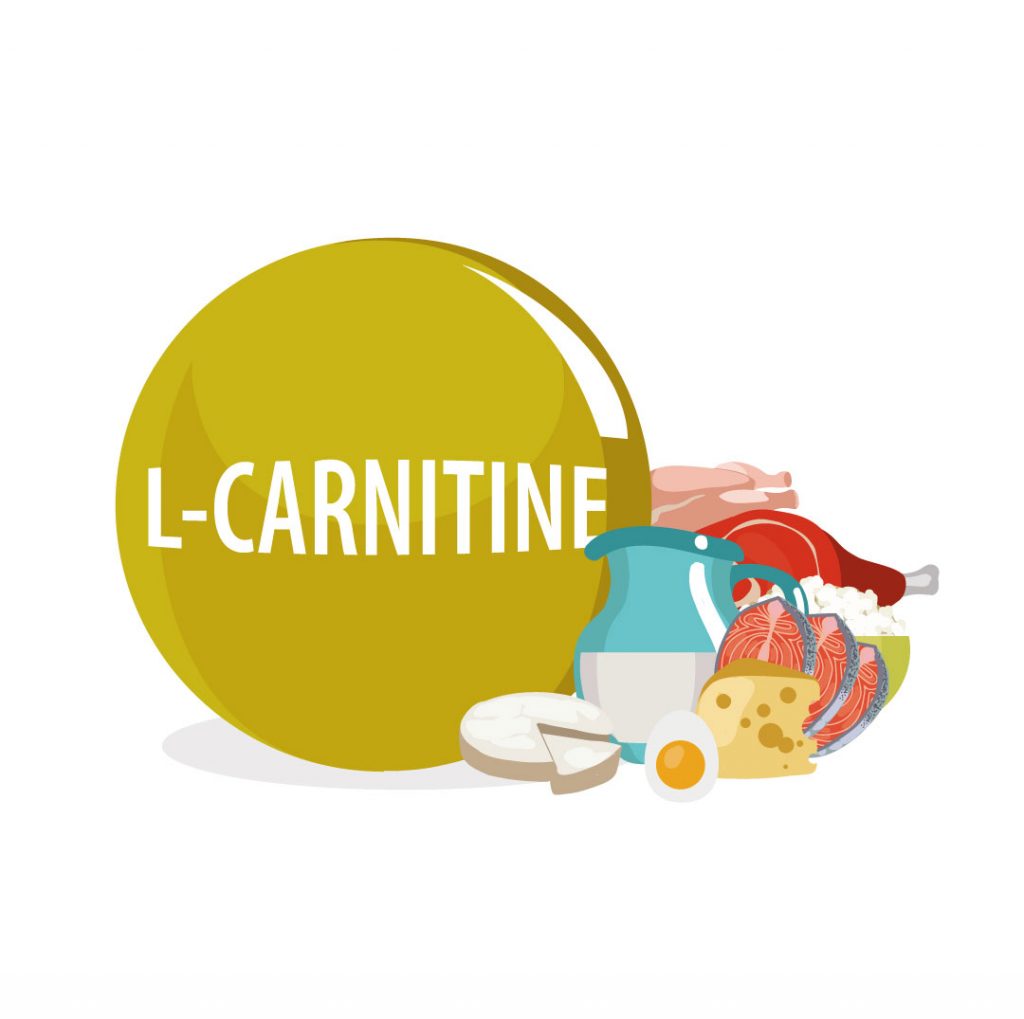Arq. Bras. Cardiol. 2021; 117(4): 726-727
L-Carnitine Supplementation in the Diabetic Heart
This Short Editorial is referred by the Research article "Novel Cardioprotective Effect of L-Carnitine on Obese Diabetic Mice: Regulation of Chemerin and CMKLRI Expression in Heart and Adipose Tissues".
Carnitine is a non-essential nutrient, which is derived from amino acids. The main food source of carnitine is red meat, poultry and dairy products. Part of the carnitine can be produced endogenously, from lysine and methionine mainly by the liver and kidneys. It acts primarily as an enzymatic cofactor for the transport of long-chain fatty acids from the cytoplasm into the mitochondria, and subsequent degradation to beta-oxidation, being a very important energy metabolism pathway. Therefore, carnitine is essential as fuel for muscles, and more than 95% of the total body carnitine is found in skeletal muscle. The liver, heart, brain and kidneys have the remainder of the body’s carnitine reserves or are able to synthesize it. This distribution shows the importance of carnitine in these organs. L-carnitine supplementation has been studied in sarcopenia, in liver diseases, in heart failure, in kidney diseases and in neurological diseases. ,
Most studies have shown the benefit of L-carnitine on cardiovascular risk factors. L-carnitine supplementation reduces hypertension, hyperlipidemia, hyperglycemia, insulin-dependent diabetes mellitus, insulin resistance, obesity, inflammation and oxidative stress. , –
[…]
Keywords: Carnitine; Energy Metabolism; Polymerase Chain Reaction
2,048

